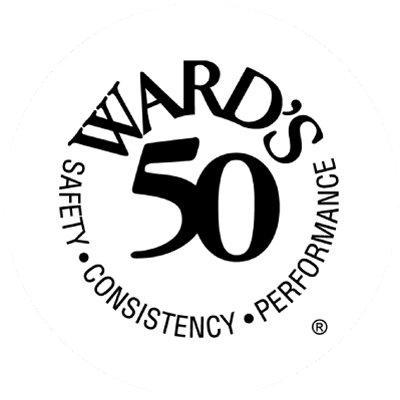Drugs and Medicines
- Only take prescription medications that are prescribed to you by a healthcare professional. Misusing or abusing prescription or over-the-counter medications is not a “safe” alternative to illicit substance abuse.
- Never take larger or more frequent doses of your medications, particularly prescription pain medications, to try to get faster or more powerful effects.
- Never share or sell your prescription drugs. Keep all prescription medicines (especially prescription painkillers, such as those containing methadone, hydrocodone, or oxycodone), over-the-counter medicines (including pain or fever relievers and cough and cold medicines), vitamins and herbals in a safe place that can only be reached by people who take or give them.
- Follow directions on the label when you give or take medicines. Read all warning labels. Some medicines cannot be taken safely when you take other medicines or drink alcohol.
- Turn on a light when you give or take medicines at night so that you know you have the correct amount of the right medicine.
- Keep medicines in their original bottles or containers.
- Monitor the use of medicines prescribed for children and teenagers, such as medicines for attention deficit hyperactivity disorder, or ADHD.1
- Dispose of unused, unneeded, or expired prescription drugs.
- Participate in National Drug Take Back days recognized by the Drug Enforcement Administration or local take back programs in your community.

 Household Chemicals and Carbon Monoxide
Household Chemicals and Carbon Monoxide
Information about drug overdoses and carbon monoxide poisoning can be found on other CDC web pages; seesources of additional information below for the relevant website.
- Always read the label before using a product that may be poisonous.
- Keep chemical products in their original bottles or containers. Do not use food containers such as cups, bottles, or jars to store chemical products such as cleaning solutions or beauty products.
- Never mix household products together. For example, mixing bleach and ammonia can result in toxic gases.
- Wear protective clothing (gloves, long sleeves, long pants, socks, shoes) if you spray pesticides or other chemicals.
- Turn on the fan and open windows when using chemical products such as household cleaners.
Keep Young Children Safe from Poisoning
Be Prepared
- Put the poison help number, 1-800-222-1222, on or near every home telephone and save it on your cell phone. The line is open 24 hours a day, 7 days a week.
Be Smart about Storage

-
- Store all medicines and household products up and away and out of sight in a cabinet where a child cannot reach them.
- When you are taking or giving medicines or are using household products:
- Do not put your next dose on the counter or table where children can reach them—it only takes seconds for a child to get them.
- If you have to do something else while taking medicine, such as answer the phone, take any young children with you.
- Secure the child safety cap completely every time you use a medicine.
- After using them, do not leave medicines or household products out. As soon as you are done with them, put them away and out of sight in a cabinet where a child cannot reach them.
- Be aware of any legal or illegal drugs that guests may bring into your home. Ask guests to store drugs where children cannot find them. Children can easily get into pillboxes, purses, backpacks, or coat pockets.
Proper Disposal
For more information on proper disposal, please see the FDA’s web site, Disposal of Unused Medicines: What You Should Know .
.
Other Tips
-
-
- Do not call medicine “candy.”
-
- Identify poisonous plants in your house and yard and place them out of reach of children or remove them.
-
What To Do If A Poisoning Occurs
-
- Remain calm.
- Call 911 if you have a poison emergency and the victim has collapsed or is not breathing. If the victim is awake and alert, dial 1-800-222-1222. Try to have this information ready:
- the victim’s age and weight
- the container or bottle of the poison if available
- the time of the poison exposure
- the address where the poisoning occurred
- Stay on the phone and follow the instructions from the emergency operator or poison control center.
| The above is an excerpt adapted from the article, “Tips to Prevent Poisonings” For more information, please visit www.cdc.gov. |


